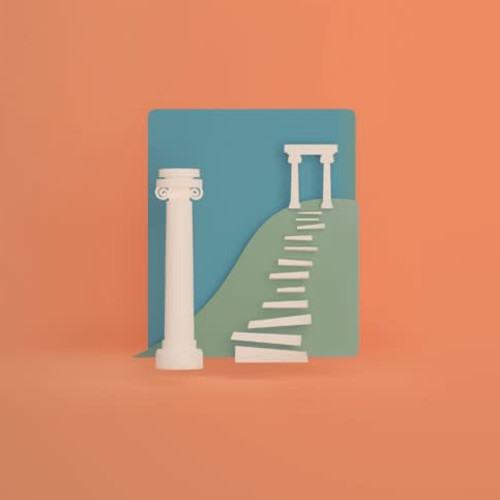Why do we think death is bad?

-
 July 14th, 2020
July 14th, 2020I think Western culture thinks death is bad. If we're going to say "we" as a collective, It's important to discern that. I don't think that as a race of humans, we think death is bad. There are so many cultures that celebrate it and folks who look forward to it. But in America, we treat it differently. And it's it's a newer phenomenon, the last couple hundred years.
In large part, capitalism caused that shift, taking death out of the home, people being able to make money off of it. It became an industry and something that people didn't want to talk about, so then it became a devastating parting. We don't talk about it, and then someone leaves forever and we're sad.
When we take it out of the home, we as a family of all ages don't get to see the process. We don't get to see the truth of it. And not even just death, in times past, people would stay at home until they died. Now you're hard pressed to find someone who stays at home through an illness or aging. So many people move to living facilities or die in medical institutions. We miss seeing that whole process so it just becomes foreign and devastating.
-
 August 19th, 2020
August 19th, 2020Do we think death is bad and conversely that life is good? I am not so sure that our relationship to death is that black and white. As a society our relationship to death has changed dramatically in the last 120 or so years and in that time, we have surrendered and subsequently lost over 5000 years of knowledge about caring for our dying and our dead. As the world medicalized, professionalized and sanitized our living, the approach to our dying became more segregated and complex. Within this framework we as a community handed over various facets of life to the ‘professionals’ and through the generations since we have collectively forgotten that we had previously had a much more connected relationship to our mortality. It was not necessarily good or bad, it just was. And it still is. Death has not changed, we have.
Due to medical intervention and capability combined with modern scientific thought and approaches we are living longer and as we age, we are also living with health complications often due to that longevity. This often means a loss in capacity, potential increase of pain, decreased cognition and/or mobility, and these are the things that are now the common experience on the journey to death and often the things that people are fearful of. None of this however is seen as intrinsically ‘bad’ unless it cannot be managed. When we consider death as a bad thing it is often in relation to uncontrollable pain and suffering and we are called at that point to consider what is unacceptable to us. This is a personal and subjective consideration and the answers are not always clear, instead it is a trade-off between what we are willing to give up and live with compared to what we find intolerable.
There are many layers to our thinking about death and the need to give up control and sever from our connection and investment in the physical world and those people whom we know and love. This letting go and relinquishing those connections are part of the trade-off process. I don’t think it is as easy as saying we think death is bad.
Death in inevitable… it is uncomfortable to consider, it is profoundly sad to witness and overwhelming when it visits those we treasure in life.
-
 August 29th, 2020
August 29th, 2020We’re socialized in America to associate death with finality, pain, destruction, and deep loss. We culturally acknowledge death as a negative ending. But using only this kind of framework fails to acknowledge the array of experiences death holds for people who are dying and for people in the sphere of a person dying. Death can mean a release, it can mean a completion, it can mean a new beginning. It holds a different spectrum of emotions and responses for different people, all informed by our experiences and our unique stories. We don’t have to view death in a binary way as bad or good, either. What’s comforting is that we get to assign value and meaning to our own death or our experience of someone dying, so we get to decide if it’s final and full of loss, or if it’s a new destination and a continuation. We can decide if death means both an incredible loss and a new life.